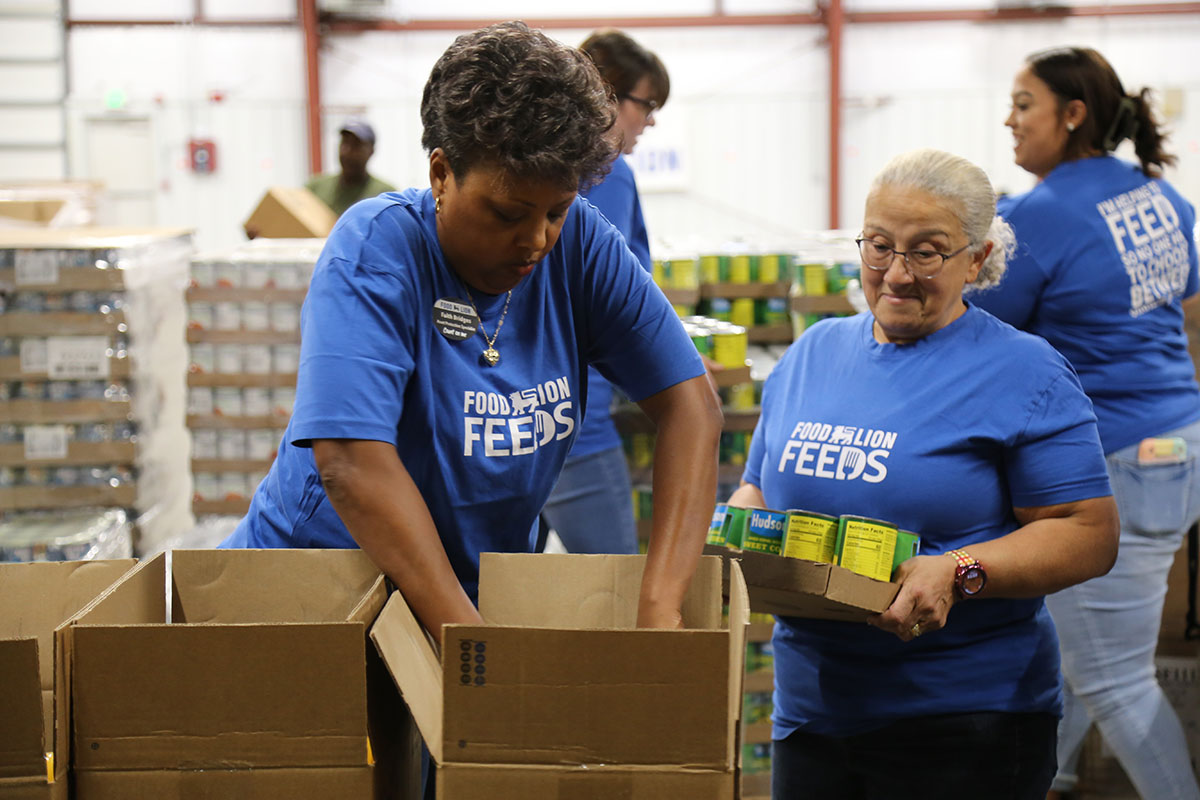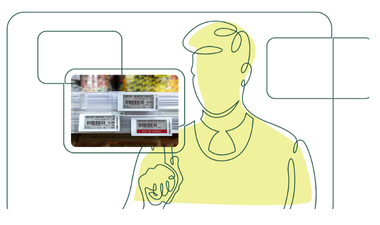By: Doug Baker, Vice President, Industry Relations, FMI

FMI recently joined Deloitte for a panel discussion (moderated by the American Logistics Aid Network) at the U.S. Chamber of Commerce Foundation's 10th annual Building Resilience Through Private-Public Partnerships Conference. The conversation included substantive dialogue on grocery and retail supply lessons learned during the COVID-19 pandemic.
With challenges such as demand spikes, supply disruptions, labor shortages and a changing policy landscape, retailers had to adjusted accordingly – not only for the good of the company, but for the community. Here are some of the lessons learned and best practices discussed:
Partnerships Across Supply Chains
As demand spiked early during the pandemic, FMI partnered with the International Food Distributors Association to relocate product, equipment, labor and warehouse space. Now known as the Food Industry Exchange, this online resource allows producers, distributors and retailers to connect and share offers and needs across food sectors.
Resources for Essential Employees
With local ordinances making it difficult for essential classified employees to commute to work. FMI developed a letter that companies could give to associates to keep in their vehicles that allowed them to be identified as an essential worker.
Supply Chain Strategy Shifts
Industry changes in inventory strategies, automation, visibility, ecommerce fulfillment and delivery methods helped the industry remain resilient and serve communities. Manufacturers pivoted by building additional efficiencies and outputs into their manufacturing processes by reducing SKU count to increase manufacturing output; thereby adding new lines to bolster output and provide additional forward warehousing to hold more finished inventory.
Partnering in a Crisis
Working with organizations, such as SABER and All Hazards Consortium, allowed the private sector to share operational status with the federal government.
The federal, state and local public sector coordination is just as important as the public and private relationship. Prepping for mass feeding while working closely with smaller local farmers to get more food into the systems is essential.
Ongoing discussions like this help ensure future resilience of our food supply chain as we work together to face whatever comes next.
Watch Full Coverage of The Event


 Industry Topics address your specific area of expertise with resources, reports, events and more.
Industry Topics address your specific area of expertise with resources, reports, events and more.
 Our Research covers consumer behavior and retail operation benchmarks so you can make informed business decisions.
Our Research covers consumer behavior and retail operation benchmarks so you can make informed business decisions.
 Events and Education including online and in-person help you advance your food retail career.
Events and Education including online and in-person help you advance your food retail career.
 Food Safety training, resources and guidance that help you create a company food safety culture.
Food Safety training, resources and guidance that help you create a company food safety culture.
 Government Affairs work — federal and state — on the latest food industry policy, regulatory and legislative issues.
Government Affairs work — federal and state — on the latest food industry policy, regulatory and legislative issues.
 Get Involved. From industry awards to newsletters and committees, these resources help you take advantage of your membership.
Get Involved. From industry awards to newsletters and committees, these resources help you take advantage of your membership.
 Best practices, guidance documents, infographics, signage and more for the food industry on the COVID-19 pandemic.
Best practices, guidance documents, infographics, signage and more for the food industry on the COVID-19 pandemic.
